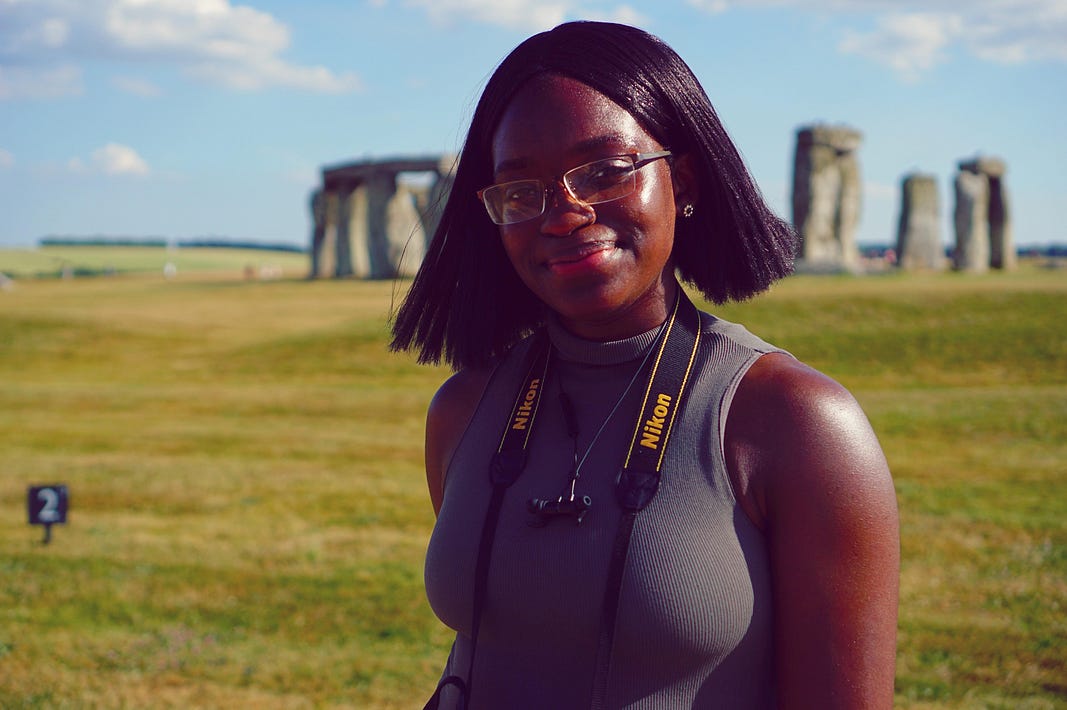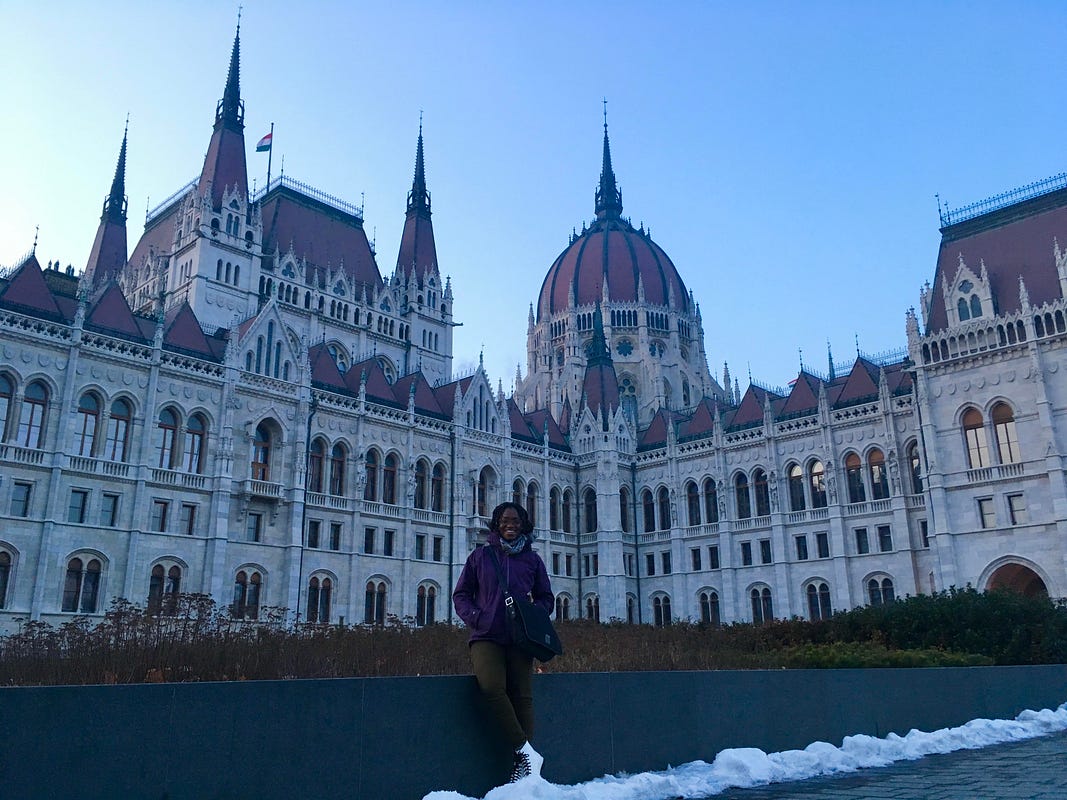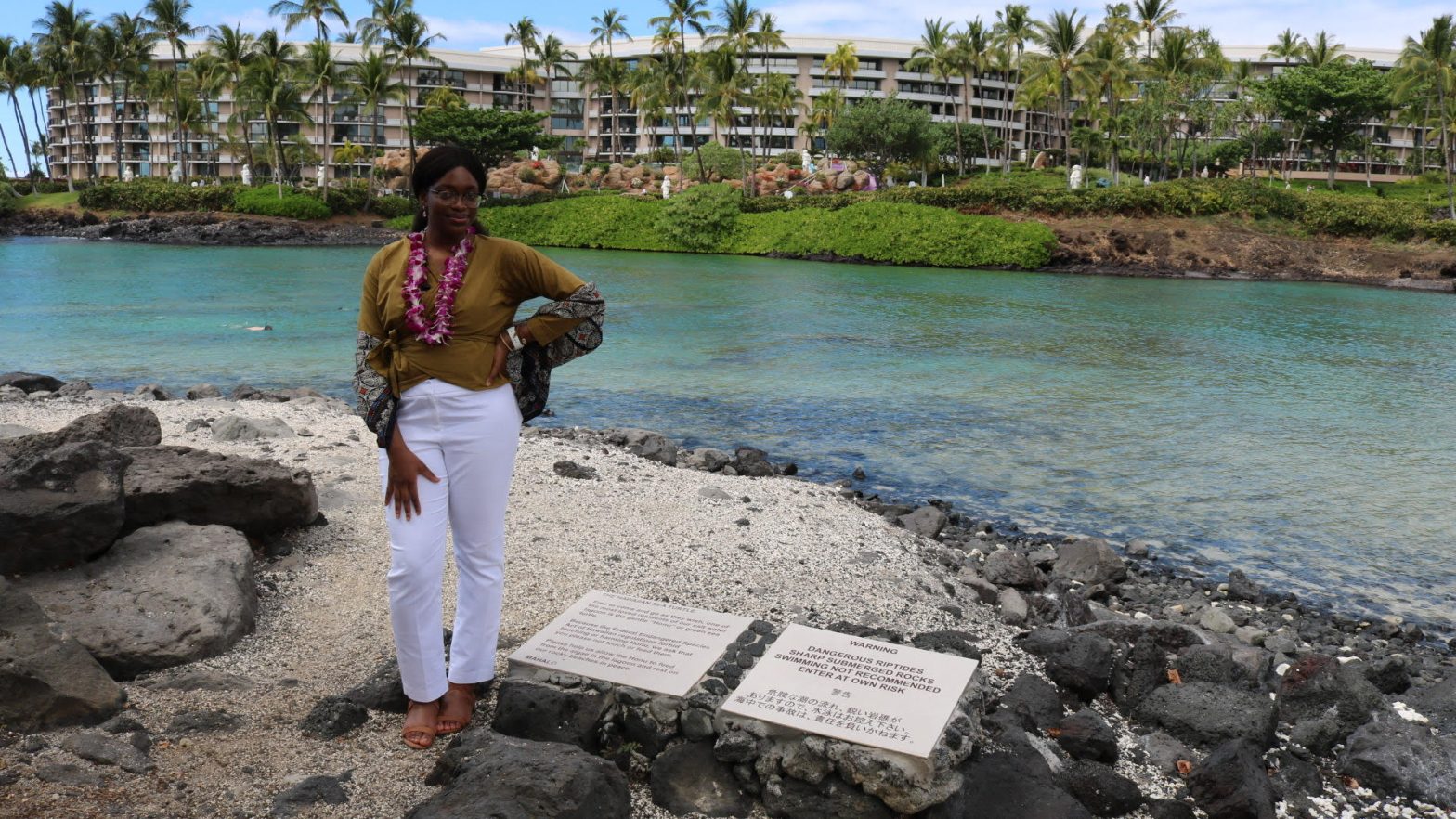Chinasa T. Okolo is a computer science Ph.D. student at Cornell University. She’s part of the 2021 Blueprint Investor Track, aimed at supporting the next generation of Black, Latinx, and Indigenous investors.
Tell me about you.
My parents are Nigerian and immigrated to the States a couple of decades ago. Experiences of family members suffering from poor access to healthcare got me interested in this field. I also had the pressure of becoming a physician for my parents, but I don’t like to touch people, so that wasn’t an option for me. Computer science was popular when I was an undergrad, so I figured I could use computer science to leverage medicine and improve it.
My experience at Cornell and the entrepreneurial ecosystem showed me that I’m more interested in supporting founders. I don’t have the energy to devote so much time to a single product since my Ph.D. is like a startup in itself. VC isn’t easier than entrepreneurship, but it’s a better way for me to satisfy my interests.

What is your dissertation?
The goal of my dissertation is to understand how people in the Global South understand the implications and benefits of artificial intelligence with a focus on healthcare. I focus on community health workers in regions like Sub-Saharan Africa, Southeast Asia, and Latin America where artificial intelligence is rapidly being integrated into the technologies they use to deliver essential healthcare services. It’s important to understand the differences between how artificial intelligence works in the Global South compared to the Global North, like the U.S. and Europe, where artificial intelligence has commonly been used.
How do you see your Ph.D. degree complementing your interest in VC?
Now, I see VC as a side hustle because I love to do research, and I’m interested in teaching. I’d love to pursue VC full time if I get the opportunity to work for a cool firm that can balance my academic needs.
I believe artificial intelligence isn’t something that can be gate kept so it’s possible for anyone to understand it. However, this trend of companies focusing on artificial intelligence and machine learning reminds me of the dot com boom where c0mpanies would receive investment for merely having “.com” in their name. It’s important for VCs not to get caught up and actively include people with specialized domain knowledge, such as Ph.D. candidates or holders, in investment processes.
How did you learn about Blueprint?
I learned about the Blueprint track program during the first year it was advertised (2020). It was important for the venture capital community to be involved in efforts like this, especially given the wealth disparities between Black communities and the historically privileged.
So far, Blueprint has been a great process. Hearing from a variety of speakers on the operations and investment sides has been a great way to learn about the different areas of VC. The exposure to technical concepts like sourcing deals and writing an investment thesis has also been helpful in my journey.
What I like most about the program is our summer project. I’ve been able to work with other students in the program on developing a market map and honing our research skills.

You read 53 books last year. Describe your love for reading.
I loved to read my whole life. It’s probably also the reason my eyesight is so bad. I couldn’t have the light on in my room after bedtime, so I would use the light in the hallway. My mom banned me from reading at the kitchen table during dinner when I was young because I would eat and read.
Reading has been a great way for me to get away from my research. I primarily read eBooks and find new reads through Libby or authors I follow on Twitter. I’ve been reading a lot of African and Black authors like Chimamanda Ngozi Adichie, Ijeoma Oluo, Yaa Gyasi, Alice Walker, and Maya Angelou.
Get more news and updates on Twitter and Medium. Want more DRF content? Subscribe to our newsletter. Ready to take your startup to the next level? Apply here for an investment from Dorm Room Fund. Until next time! 🚀
